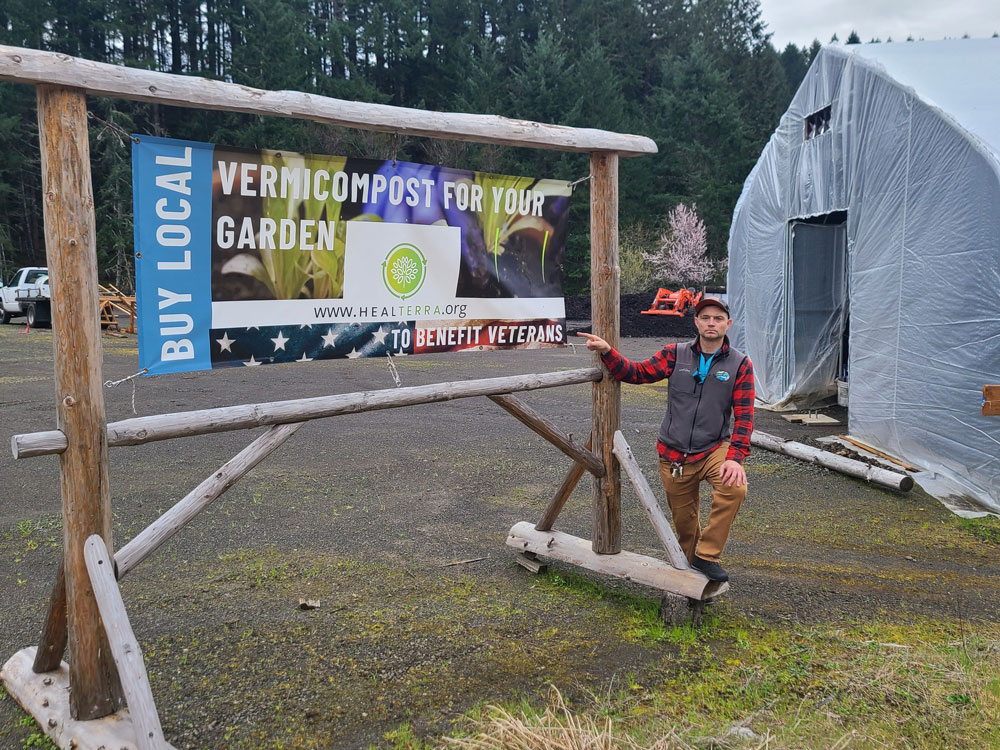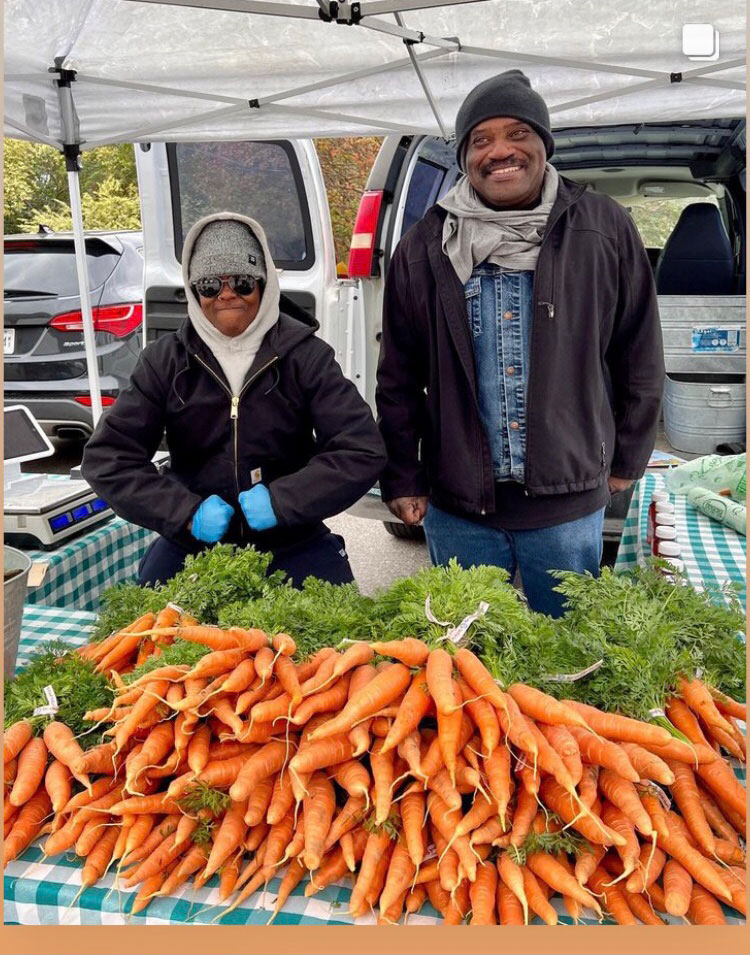The Agriculture Community and Rural America Rely on Veterans
Track I > From Farm to Fork – Veterans in Agriculture and Agribusiness
Track II > Opportunities for Veterans in Rural Business
From Farm to Fork – Veterans in Agriculture and Agribusiness
As a veteran, you may find it challenging to determine what to do after military service, and to figure out how your experience can transfer to other career fields. USDA wants you to know that your experience and skillset can immediately and directly transfer to the field of agriculture. New and Beginning Farmers are veterans who are part of the community of beginning farmers and are therefore eligible for programs to help start – and continue – a career in farming.
Access to Capital, Land and More – USDA can help veterans transition into farming, ranching, and other agricultural opportunities by connecting you with financial, educational and training resources, and business planning support. These resources include:
- Agricultural Conservation Easement Program
- Crop Insurance
- Environmental Quality Incentives Program
- Farm Loan Program
- Noninsured Crop Disaster Assistance Program
- SCORE
- Texas A&M’s AgriLife Extension Service
- Transition Incentives Program
USDA’s Discovery Tool can help you identify which programs might be right for you.
Opportunities for Veterans in Urban Agriculture and Innovative Production
USDA supports veterans involved in urban agriculture and innovative production. Urban agriculture includes the cultivating, processing, and distributing of agricultural products in urban and suburban areas. Community gardens, rooftop farms, hydroponic, aeroponic, and aquaponic facilities, and vertical production are all examples of urban agriculture. Tribal communities and small towns may also be included.
Office of Urban Agriculture and Innovative Production (OUAIP) – OUAIP coordinates with agencies and stakeholders to support and promote urban, indoor, and other emerging agricultural practices. The office directly manages:
- Urban Agriculture and Innovative Production Grants
- Composting and Food Waste Reduction Agreements
- Federal Advisory Committee for Urban Agriculture and Innovative Production
- People’s Garden Initiative
USDA Resources
Urban Agriculture at a Glance provides an overview of USDA-wide assistance, including resources for veteran producers, community organizations, school groups, non-profits, organizations and collaborative partnerships that are focused on food system issues.
For information on how we can help urban producers start, expand and improve their operations, including conservation, disaster assistance, crop insurance, and safety-net programs, visit farmers.gov/urban.
Visit usda.gov/urban for additional information and sign up for updates on urban agriculture and innovative production.
USDA Highlights
Douglas County, Oregon and Source One Serenity, a non-profit group working to empower veterans, has a lot to celebrate. With their Composting and Food Waste Reduction vermicompost project, the organization is working to divert hundreds of tons of food waste utilizing their newly developed worm farm. Maintained by veterans, the social enterprise supports those living with post-traumatic stress disorder by providing both economic and therapeutic opportunities. Funding that is raised from the sale of the final product, worm castings, are used to sustain the healing outdoor experiences Source One Serenity regularly provides veterans. The castings make their way to local farmers and gardeners while the Veteran Affairs Medical Center, food bank, and other businesses can sustainably dispose uneaten food and byproducts. Creating job opportunities, assisting veterans, and regenerating the soil; this project is fostering a circular economy that works for people and the planet. To learn more about their story, visit “Worm Farm Aims to Recycle while Helping Veterans”.
Established in 1987, Alpha Omega Veterans Services (AOVS) has helped thousands of veterans rejoin society, engage in healthy independent living, and secure placement into permanent housing. In 2018 AOVS began an urban farm in Memphis, TN to provide rehabilitative job training to veterans while providing fresh produce to food insecure communities in the area. With Urban Agriculture and Innovative Production funding, AOVS is expanding their operation and local partnerships, replicating their growing model at a new, second farm site and partnering with Thistle & Bee Enterprises to strengthen and expand programming within both organizations by installing apiaries at each farm. By the end of their UAIP project, AOVS hopes to increase their urban farm’s production by 50% to better meet the needs of the communities served by the program.
Opportunities for Veterans in Rural Business
For those veterans who are from rural America and chose to return home after service, or for those who choose to move to a rural area, USDA wants to help you sustain and strengthen your communities.
Rural Business – USDA offers support to entrepreneurial veterans who want to strengthen and develop your rural communities through starting or growing a business. To do this, USDA wants to empower trained leaders like you who know and love your local communities. USDA’s Rural Development is here to help with more than 40 loan, grant, and technical assistance programs that you can use to get started. These programs include support to:
- Purchase and develop land and facilities
- Purchase equipment and supplies
- Refinance for job expansion
- Finance for energy efficiency improvements
Get help with your business plan by visiting your local Veterans Business Outreach Center.
Community Development – You may choose to continue to serve as a leader in your local rural community. USDA can help you in the revival and redevelopment of your community by buying, building or improving a community facility. This support is available through USDA’s Community Facilities Direct Loan & Grant Program and can include direct loans, grants and loan guarantees, which support large projects such as hospitals, health clinics, schools, and fire houses, or other facilities that provide an essential service to the local community. These funds can be used to purchase, construct, and/or improve these types of facilities.
Want to learn more? Contact us at veterans@usda.gov.


